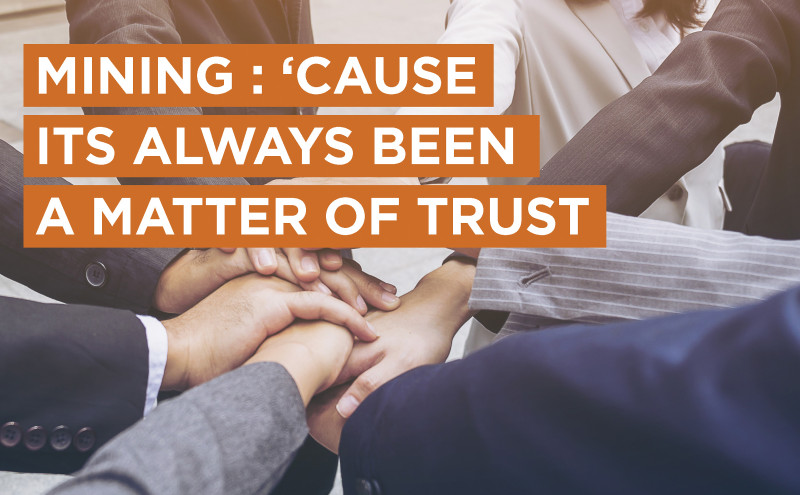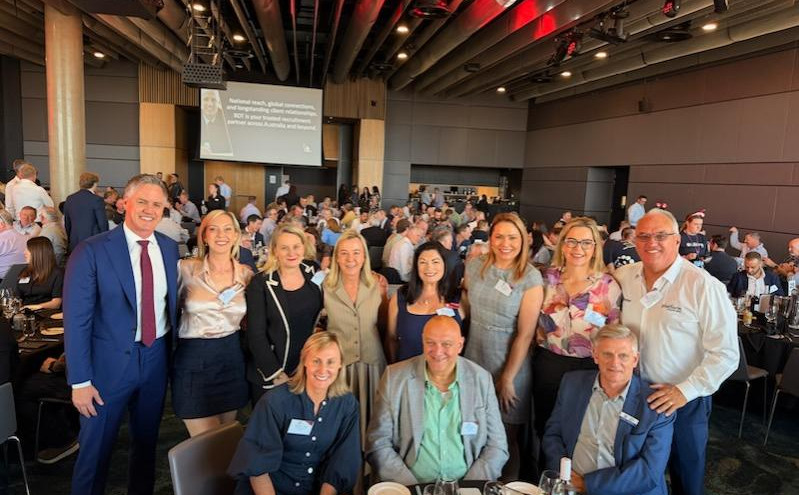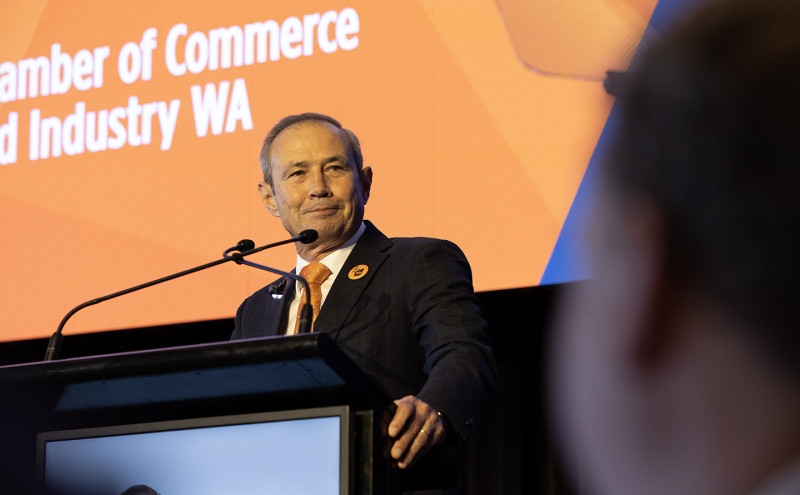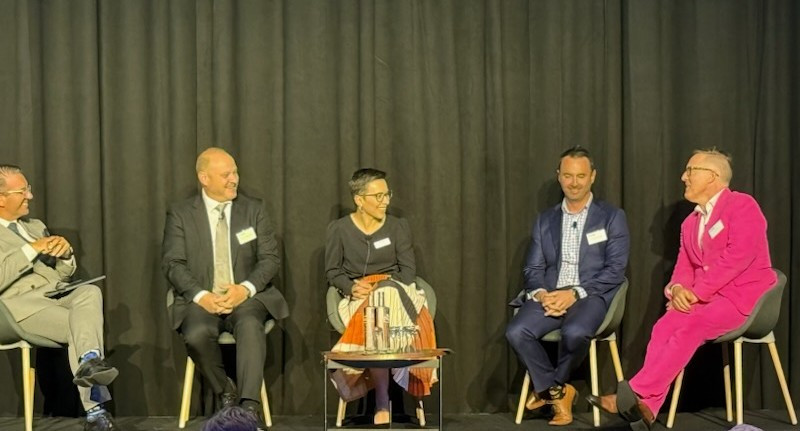In this era of fake news, strong arm leaders and brutally partisan politics, the concept of building community trust appears to be a post-script in public life and big business.
Sixty per cent of Australians believe that CEOs are driven more by greed than desire to make a positive difference in the world, according to the Edelman 2018 Trust Barometer. This is at a time when leaders have at their disposal communications tools that can engage stakeholders and communities directly. This is also at a time when the mining industry has a wealth of positive stories to articulate. For instance, the economic value of mining is well understood by the wider community. But for every person cognisant of the economic impact of the resource sector, there is another who fears its environmental and social impact.
The fact that the mining sector can be an agent for social progress and positive change is not cutting through. And this is the story that needs to be told better if the industry is to continue to compete for investment dollars and talent in the future, according to the International Council of Mining and Metals (ICMM) CEO Tom Butler.
ICMM research published this year found that social progress over the past 20 years to 2015 has been fastest in mining-dependent countries. Mr Butler said people in these countries had become healthier, better educated, and enjoyed improved access to affordable and clean energy, water and sanitation at a faster rate than in other (non-mining) countries.
“Payments are important in a mining country like Australia, where mining’s production value is about 10 per cent of GDP, but they are critical for the much poorer countries that are dependent on mining,” Mr Butler said. “In these countries, this contribution will be key to them diversifying and achieving their development goals.”
But despite encouraging signs that the resource sector is taking its community development role seriously, such as the adoption of Global Mining Standards to improve mining protocols, the general community is oblivious of this path to rehabilitation. Simply put, the general public are less trusting of an industry that has made great efforts to better manage its environmental and social governance in recent decades. What is going wrong?
Mr Butler said the loss of social licence to operate was seen as the biggest risk to the industry, however, the gaining a social licence for a new mine was an equal if not greater challenge.
“Social licence – or community acceptance – spills over into societal acceptance, which the industry needs if it is to continue to obtain finance, build projects and access markets on reasonable terms,” he said.
Modern communities can easily mobilise opposition to planned developments or ongoing operations through social media and are generally much more connected to decision makers. As more and more communities become unwilling to trade off environmental protection or community health in return for economic development, the industry must work on improving its interactions with communities and communicate its achievements.
Platform Communications director Kirsty Danby said today’s communities had expectations that a resource project will make a real contribution to their economic and social fabric, without compromising environmental or cultural values.
Ms Danby said the mining sector had to commit to engaging with the communities that were connected to their projects by building a shared vision and trust at a grassroot level.
“Stakeholders and communities have better lines of communication to government than ever, and they’re only a Facebook post away from harnessing activist groups like Greenpeace to their cause,” Ms Danby said.
“The challenge for companies entering a new community and setting up a project is finding the right people to engage with, picking through the myriad of local expectations, and working with locals to discover, and then delivering a shared vision for the community and the project.”
However, it is not a matter of using lobbying or marketing spin to turn community sentiments around. Ms Danby said the mining industry should rebuild trust by acknowledging its legacy issue while demonstrating firm commitment to doing the right thing now and into the future.
Leading lights in the resource sector are taking up this challenge. Gold Fields, which has seven mines located across the globe including two in Ghana, has directed US$47 million to the Ghana community through its Gold Field’s Ghana Foundation since 2004, rehabilitated 100km roads, spent US$22 million on a road upgrade and connected communities to the energy grid.
Gold Fields’ CEO Nick Holland said 435,000 people live in Gold Fields host communities, including 195,000 people who are directly impacted.
“Mining companies are already enabling development in our host countries and host communities, but more needs to be done,” Mr Holland said.
“The challenge for companies entering a new community and setting up a project is finding the right people to engage with, picking through the myriad of local expectations, and working with locals to discover, and then delivering a shared vision for the community and the project.”
“The issues undermining the sector included environment pollution, ignoring community needs, destabilising communities, enabling corruption, fuelling conflict and leaving clean-up to others,” he said. “Even as we work to reduce conflict, mining operations can make them worse.”
Mr Holland said the industry can work to change this by engaging with central governments over the mining lifecycle and building governance capacity in central governments.
“We also need to work with host communities to close some big gaps in funding, economic wellbeing service delivery and quality of life,” he said. “Getting this chain right enables communities and countries to develop and secures our mining and social licences to operate during and beyond the mine life.”
All these initiatives have the same starting point, a willingness to adopt open and transparent communication so that all parties can broach problems, alternatives, opportunities and solutions on a level playing field. Only from this vantage, can community trust be built.



